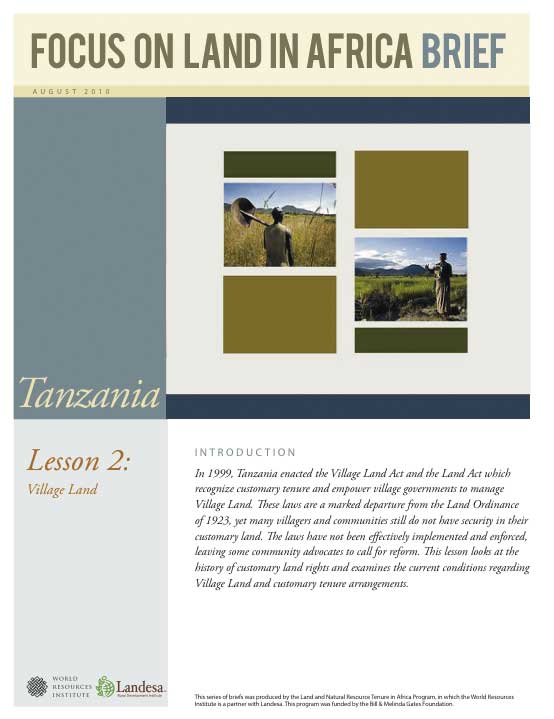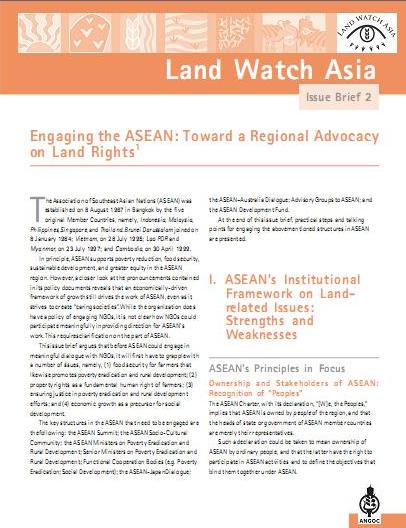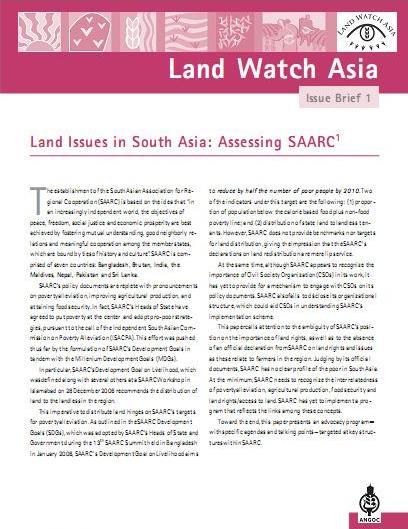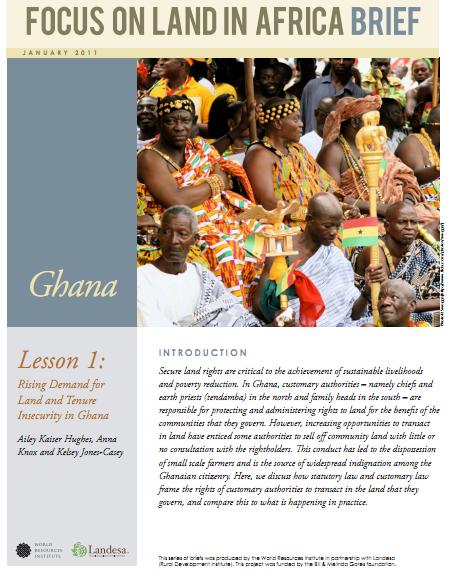Ley Nº 5.487 - Ley de Colonización y Reordenamiento Agrario.
La presente Ley introduce el marco normativo para la colonización y reordenamiento agrario en el ámbito de la Provincia de Córdoba, con el fin de alcanzar los siguientes objetivos: 1) propender hacia una redistribución mas equitativa de la tierra; 2) incorporar al proceso productivo las tierras aptas o susceptibles de transformación; 3) suscitar la más apropiada distribución de la población del campo y conseguir el efectivo afincamiento de núcleos rurales migrantes; 4) lograr la utilización eficiente y adecuada y los más altos rendimientos de la tierra; 5) elevar integralmente el nivel de v









